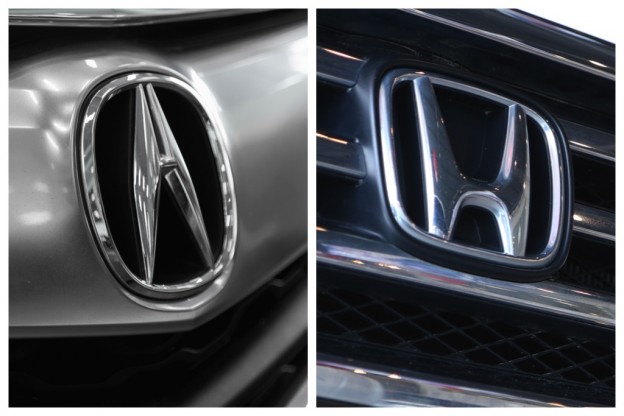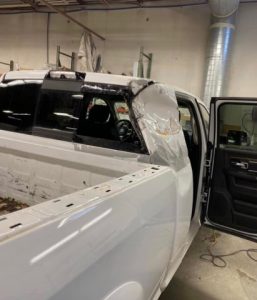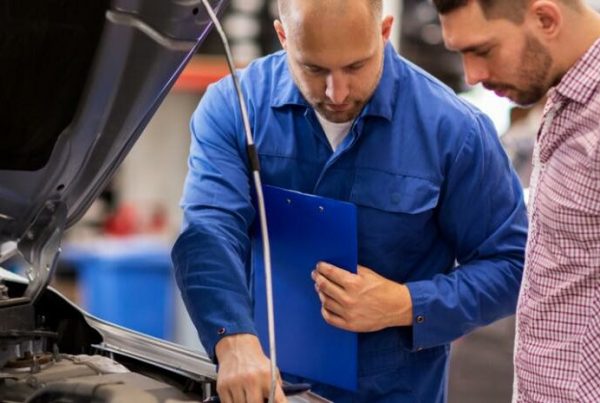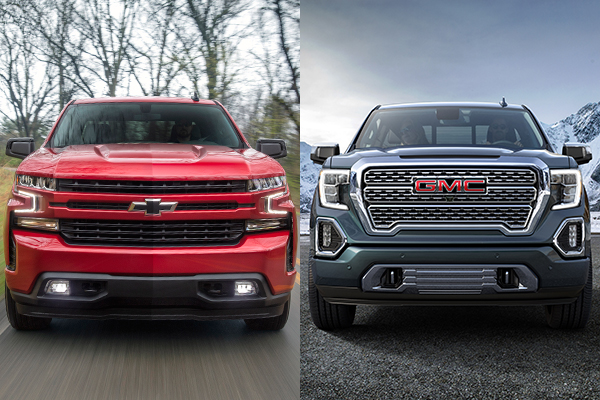If you’re the owner of Honda or Acura and are needing collision repair in the Philadelphia area, this blog is for you. After you receive collision repair on your vehicle (or any automotive repair for that matter), you wouldn’t want it rusting within a year or two after you got it repaired, right? Well, it might come as a surprise to you that improper repair without the necessary corrosion protection can actually begin rusting within minutes. That’s right: minutes.
So, why is it important for you to know about corrosion repair for your vehicle and what does it mean? Well, not every Philadelphia body shop takes the time to perform OEM specified corrosion protection steps and materials since it’s undetectable in a finished repair. We at Rocco’s Collision Center want to inform you about it so that you know what you are buying from any auto body repair shop.
Car repair has had major changes over the past few years and unfortunately, most body shops still repair cars in outdated methods. They feel their “experience” trumps anything the manufacturer says and as a result, you get an unsafe repair that is nowhere near what you need nor deserve.
A proper, OEM certified repair will also assure you that your vehicle repair is protected from any potential corrosion that can happen with an improper repair. A corroding repair is a safety hazard, which is why we take repairs very seriously here at Rocco’s. We hear too many horror stories of people getting their car back with new problems as a result of poor repair practices. One of the biggest reasons why this happens is technicians will feel pressured from insurance companies to perform faster repairs. As a result, they’ll often cut corners in the repair process and ignore critical areas in the process. We wish we could tell you this doesn’t happen that often, but unfortunately, it’s more than you’d think.
When it comes to corrosion protection on your Honda or Acura, technicians will often cut corners in the repair process to save time. Insurance companies will often give repair shops tight deadlines that are almost impossible to meet. However, the best body shops will never cut corners in the repair process since your safety is the number one priority.
What Is Corrosion Protection?
During the repair process on any vehicle (like a Honda or Acura), several areas of corrosion protection on the vehicle are disturbed. This disruption will instantly create hot spots that can cause repair failure if certain precautions are ignored in the process. Only highly-trained technicians know to pay attention to this and instantly take the necessary steps to ensure repair failure does not happen.
When a technician welds a new panel in after removing the damaged panel, the surrounding areas have to be free of paint and rust. This is critical to ensure a proper and safe repair, otherwise, welder’s heat will burn the paint. The burned paint and rust can contaminate the newly repaired weld. If this happens, your vehicle will no longer be safe to drive.
Most body shops know you need to sand the surrounding metal before making any weld, including spot welds. However, if an auto body shop is under a tight deadline, they’ll most likely dismiss painting over the repair or applying the OEM recommended sealant. This is nowhere near the level of safety or quality of repair that OEM parts and repairs are on vehicles.
It may come as a surprise to you that corrosion protection can be as simple as painting a repaired area and anywhere metal is exposed. Or, it can include the application of a factory recommended foam, adhesive, seam sealer, or body cavity wax.
When a repair is made to a hollowed-out area, such as a rocker panel, a quality body shop will apply body cavity wax (if the OEM manufacturer calls for it). Body cavity wax will prevent your car from rusting away since it’s protective wax specifically designed for preventing rust from attacking bare metal on your car. High production body shops will eliminate this step since it’s not visible from the car, though it’s certainly something you can’t ignore.
If a technician doesn’t apply body cavity wax during this repair process, your car will pretty much be eating itself from the inside out. Eventually, your new rocker panel will be completely rusted. A lot of people think that newer vehicles don’t need corrosion protection, but this is mistaken. Newer vehicles may come equipped with some level of corrosion-resistant materials, but it’s nowhere near the amount that is needed to prevent corrosion from happening whatsoever. This is why it’s critical you take your car somewhere that knows how to perform the necessary corrosion protection procedures for your exact vehicle.
What Do Honda And Acura Say About Corrosion Protection?
Honda/Acura has OEM specific corrosion protection repair guidelines to make sure none of this happens to your car. Here’s what Honda/Acura body states in their repair manual:
“When applying sealant (seam sealer) to the engine compartment, the door openings, and the rear gutter, try to match the factory sealant (seam sealer).
Apply sealant (seam sealer) to any area that a replacement part will cover.
Do not spray an anti-rust agent (cavity wax) on the brake system components, exhaust system components and related parts, emission control devices in the engine compartment, ball joint covers, the fuel strainer, or exterior and interior parts.
Follow the anti-rust agent (cavity wax) manufacturer’s instructions.”
Why Are OEM Repairs So Important?
Your car is a personal investment, so naturally, you want it repaired the right way that has your safety and the quality of the car be the top priorities. This can only be achieved if a technician follows the OEM repair procedures, which requires extensive training and the right tools and equipment. As mentioned above, OEM repairs are not only the highest quality, but they are also the safest because they were laid out by your car’s manufacturer. The best technicians know to look up the exact products needed for this type of repair in the different manuals for your Honda or Acura.
We wish we could say that every Philadelphia auto body repair shop performs repairs this same way. However, we wouldn’t be writing this blog if that was the case. We want Honda/Acura owners to know what a proper repair is for their car and here at Rocco’s Collision Center, we are determined to do precisely that.
Where In Philadelphia Can I Take My Honda or Acura To Be Repaired?
Here at Rocco’s Collision Center, we have dedicated ourselves to becoming experts in all things regarding Honda/Acura repair that we are proud to say we are a Honda Acura ProFirst OEM Certified Repair Facility. Honda and Acura are leaders in the automotive industry, which is why we wanted to become OEM certified in repairing their vehicles. We also did this for you, our customers, to know we will only repair any Honda or Acura that comes into our shop precisely as the OEM instructs. No shortcuts, no cutting corners. Only the best because that’s what you deserve.
We know you have several choices when choosing where to take your Honda or Acura to be repaired, but we feel we can provide you the best service out there for your car!
We have six different locations across Philadelphia and Southern New Jersey. We invite you to see for yourself why Rocco’s is the best out there! Feel free to give us a call at anytime at (888)-9-ROCCOS. Or, to schedule an appointment or to call any of our locations directly, click here.
We look forward to hearing from you!




